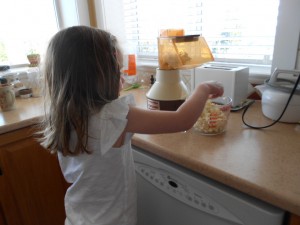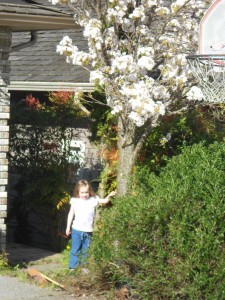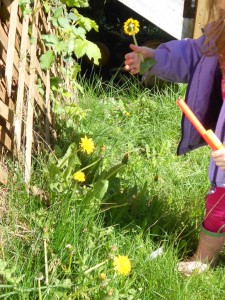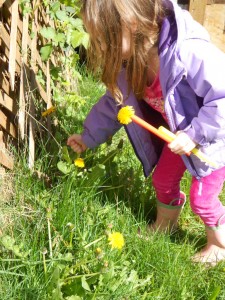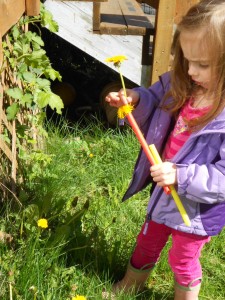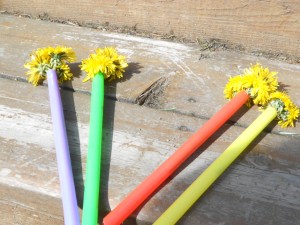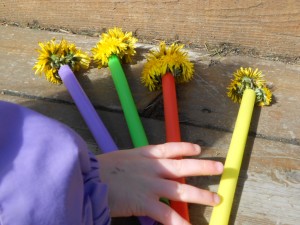Does your child like rocks? Putting rocks in pockets also puts lots of learning, fun, and even kindergarten readiness into brains. Here’s another example of childhood play that grows along with the child and into adulthood.
Children all over the world collect rocks, and so does my friend and colleague Colin Martin. Just like the other adults featured so far: the mathematician that enjoyed numbers, the artist that drew on the wall about the age of 2, the designer that always liked to draw, the singer who dreamed of performing also about the age of 2, the nurse that played with Dr. Barbie, and others, as a child Colin had a play favorite–rocks.
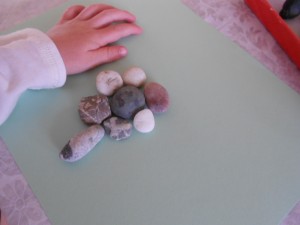 Before Colin started school, he learned the names of the different kinds he found. At the age of 4, using ordinary glue, he attached his rocks on to a big piece of plywood. With a dial-up label maker, he painstakingly found each letter and created labels for his rocks. His treasures were not always greeted positively at home; nevertheless, his love of rocks endured and he now creates stunning jewelry designs with rocks and gems. Earlier this year, he packed a backpack and trekked off to some isolated corners to find more, leaving his electronics at home, so he’d have more room in his pockets and packs for rocks.
Before Colin started school, he learned the names of the different kinds he found. At the age of 4, using ordinary glue, he attached his rocks on to a big piece of plywood. With a dial-up label maker, he painstakingly found each letter and created labels for his rocks. His treasures were not always greeted positively at home; nevertheless, his love of rocks endured and he now creates stunning jewelry designs with rocks and gems. Earlier this year, he packed a backpack and trekked off to some isolated corners to find more, leaving his electronics at home, so he’d have more room in his pockets and packs for rocks.
Rocks can help kids with attention and focusing. When gathering them, kids learn to pay attention to rocks and leave out other treasures. There’s vocabulary and talking about rocks, organizing skills, and problem solving. Through rocks, children also connect to nature. There’s all kinds of thinking that comes into play when collecting. Play, of course, is the significant word. As kids play, they also pick up information about colors, sizes, and shapes. Rocks can help with math and science. Just like Colin, kids will build and create, making forts, dens, and other constructions. Or they may bake rock cakes.
Colors on walls, rocks in pockets, and frogs in drawers (as my mother reminds me), are certainly challenges to parents’ patience but adults need to remember that play is important to a child. How children play can echo into the future. For some play fun today, can your child play with rocks?

